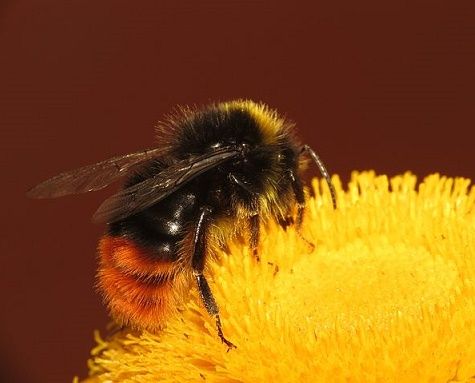If asked, almost anyone in Denmark would say this has been a cracking summer – recordbreaking amounts of sunny weather for the beach, barbecue and summerhouse.
However, ask a bee and you’d get a different answer. Bees are running out of food because the flowers they depend on have bloomed earlier than usual and subsequently wilted, reports DR Nyheder.
READ ALSO: Danish bees struggling to survive
For some time now, bees have been under threat. Experts estimate that at least 25 species have disappeared since the 1950s due to the increased use of fertilisers and pesticides. Habitats are also shrinking.
The hunger games
But starvation is also a factor. “It happens almost every year that there are some bees that starve. This year the sitution is worse than usual because of early flowering and dry weather,” said Per Kryger, a bee researcher from Aarhus University.
“I’m afraid that starvation will be more prevalent than in previous years,” added Kryger.
When the flowers wilt, bees have more difficulty finding protein-rich food and other nutrients. They normally obtain these from pollen, but when a flower wilts, the pollen also disappears.
A helping hand
Kryger, along with other bee experts and beekeepers, is taking active steps to help bees.
“We’ve sown blue tansies and starflowers to help the bees so we can ensure there are plants with pollen available,” said Kryger. Other beekeepers are finding places with a lot of late-blooming plants so the bees can keep collecting pollen.
It also helps to provide sugared water so that the bees have enough energy to go out and find pollen.
“If we don’t do this, we risk that the bees will just sit in their hives and not get any benefits from the pollen that can be found,” added Kryger.
















